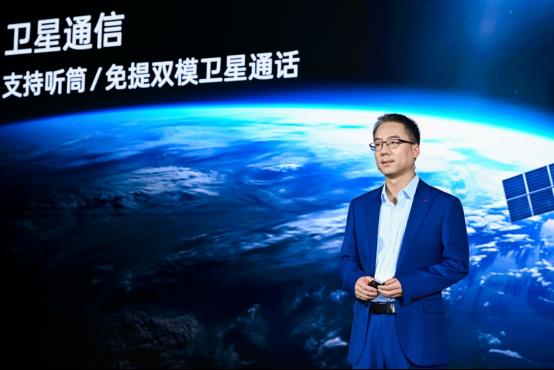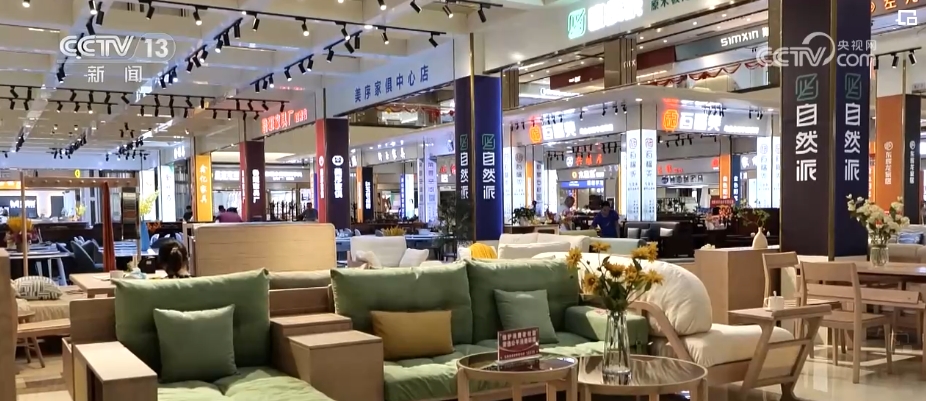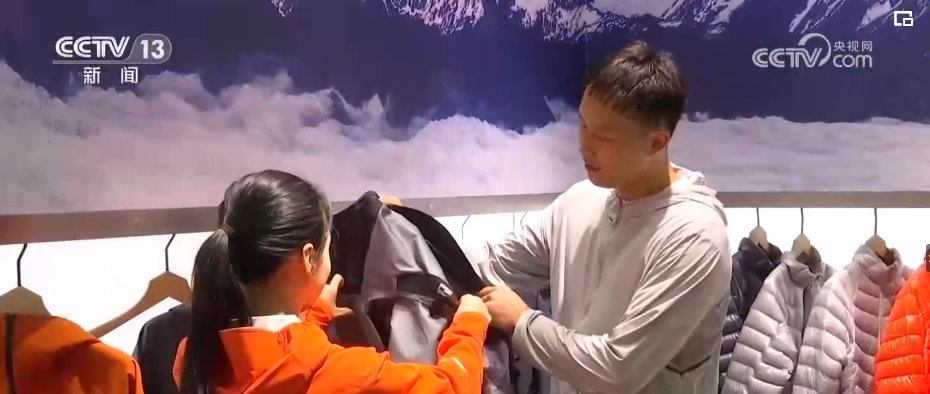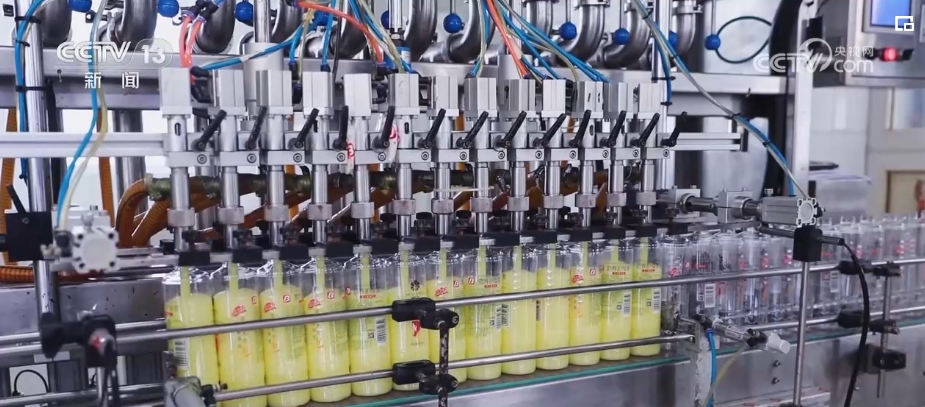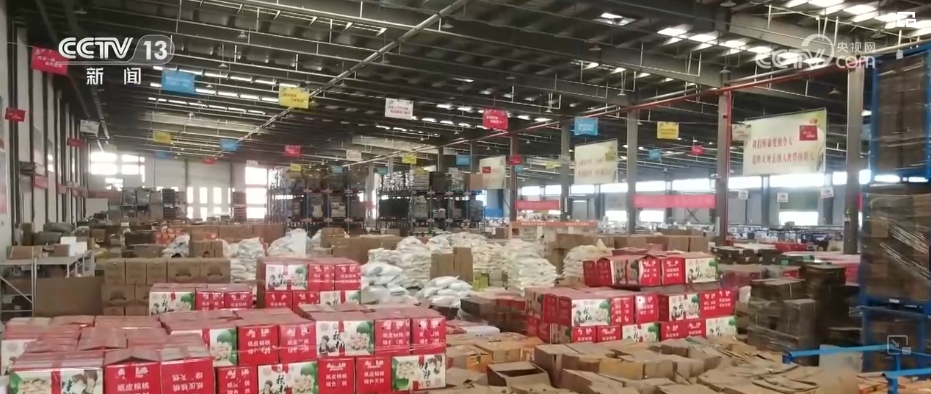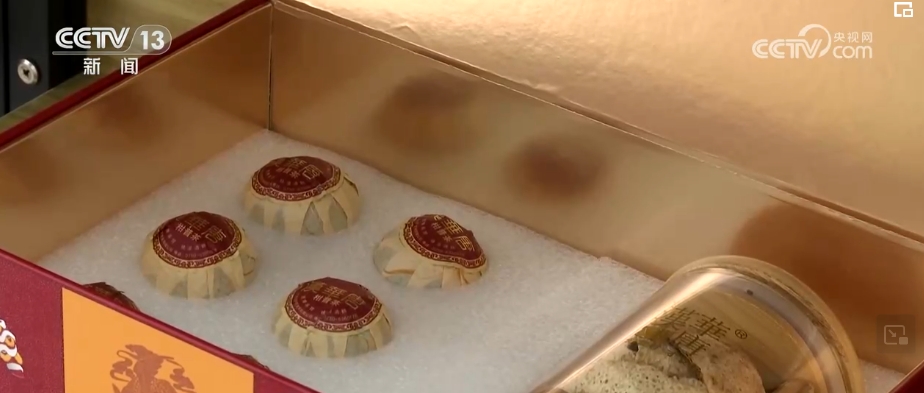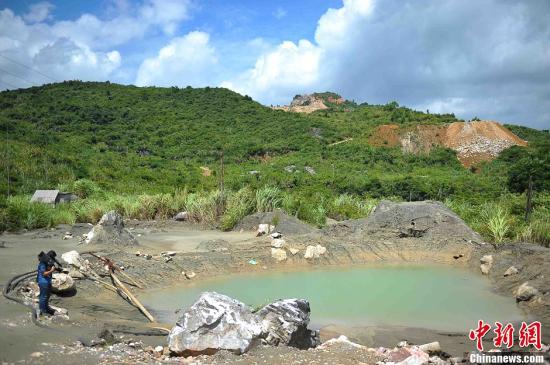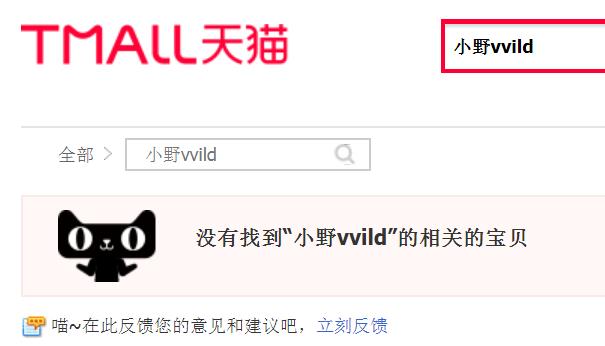Xinhua News Agency, Beijing, March 6th Question: How do you view China’s price movement? -The second question and answer of China economy in the two sessions.
    Xinhua News Agency reporter Wei Yukun and Wu Yu
    Since last year, China’s price increase has been running at a low level, which has aroused some people’s worries about China’s deflation. How to treat China’s price movement situation? Is China’s economy really in deflation?
    During the two sessions of the National People’s Congress, the reporter interviewed many NPC deputies, Chinese People’s Political Consultative Conference members and authoritative experts to analyze this issue and respond to external concerns.
   Does low prices mean deflation?
    Since October last year, the consumer price index (CPI) has been declining year-on-year, and it will drop by 0.8% in January 2024. At the same time, the national producer price index (PPI) continued to decline.
    The low price has caused some worries about whether China’s economy will fall into deflation.
    To judge whether we are caught in deflation, we must first clarify the concept. Generally speaking, in economics, deflation mainly refers to the continuous negative growth of prices and the downward trend of money supply, which is usually accompanied by economic recession. This depends not only on the "shape" of price operation, but also on the "state" of money supply and the "potential" of economic development.
    -Price operation: generally low, maintaining a moderate upward trend.
    According to the government work report submitted for deliberation on the 5th, the consumer price of China residents rose by 0.2% in 2023. This data is in stark contrast to the high inflation in major developed economies.
    Jin Li, member of Chinese People’s Political Consultative Conference and vice president of south university of science and technology of china, said that last year, the core CPI excluding volatile food and energy prices rose by 0.7% year-on-year, indicating that the supply and demand of industrial consumer goods and service consumption in China were generally stable. The year-on-year decline of PPI also decreased by 5.4% from the highest in June last year to 2.5% in January 2024.
    Since last year, China’s monthly price level has always fluctuated moderately within a reasonable range. In January 2024, CPI rose by 0.3% month-on-month, which has been rising for two consecutive months.
    -Money supply: the total amount is moderate and the rhythm is stable.
    By the end of January 2024, the balance of broad money (M2) in China was 297.63 trillion yuan, up 8.7% year-on-year. Under the background of high base in the same period last year, it maintained a reasonable growth rate.
    The scale of social financing is a comprehensive indicator of financial support for the real economy. In January, the scale of social financing in China increased by 6.5 trillion yuan, 506.1 billion yuan more than the same period of last year.
    -economic development: the overall recovery is improving.
    In 2023, China’s economy generally rebounded, with a GDP growth rate of 5.2%, which was faster than the average growth rate of 4.5% in the three years of the epidemic, and also significantly faster than the economic growth rates of 2.5% in the United States, 0.5% in the euro zone and 1.9% in Japan, making it an important engine of global economic growth.
    Since 2024, China’s manufacturing purchasing managers index, SME development index and other indicators have rebounded from last December. The International Monetary Fund (IMF) recently raised its forecast for China’s economic growth this year and cast a "vote of confidence" for China’s economy.
    "Deflation is often the result of long-term accumulation of structural problems in economic operation. Judging deflation should not only focus on one or two price indicators." Huang Maoxing, deputy to the National People’s Congress and vice president of Fujian Academy of Social Sciences, said that on the whole, there is no deflation in China, let alone deflation spillover, and the so-called "economic deflation in China" is totally a false proposition.
    Not long ago, ING reported that the discussion about deflation in China was exaggerated by the outside world. In January, the overall CPI and core CPI in China both rose month-on-month, reflecting that China has not fallen into a "deflation spiral".
    "We don’t expect an overall deflationary trend in China." Gita Gopinath, First Vice President of IMF, said not long ago.
   What are the reasons for the low price increase?
    Prices are related to economic operation and affect people’s lives. At present, the low price increase in China is the result of multiple factors.
    "After the smooth transition of epidemic prevention and control, domestic production has accelerated recovery, logistics has remained smooth, and product supply is sufficient. However, demand is constrained by factors such as expected instability and income distribution differentiation, and recovery will take some time." Xu Guangjian, vice president of China Price Association, said that the time difference between supply and demand recovery is the main factor for the lower prices.
    Commissioner Jin Li said that in 2022, due to the Ukrainian crisis, food and energy prices were higher, which made the CPI increase in 2023 relatively low. In addition, the price of pork occupies a high weight in China CPI. Due to the abundant supply of live pigs and pork and the sluggish consumption of superimposed pork, the domestic pig price continues to fall, which lowers the CPI increase.
    Input factors also have an impact on China’s prices. After the epidemic, in order to cope with high inflation, major central banks in the United States and Europe quickly and intensively adjusted their monetary policies, and the year-on-year increase of CPI in the United States and Europe has dropped from the previous high of about 10% to the current 3%. "The inflation level in developed economies has fallen faster than expected, which has an impact on the price level in China." Pan Gongsheng, governor of the People’s Bank of China, said.
    Xing Ziqiang, chief economist of Morgan Stanley in China, said that China’s lower prices may have a positive spillover effect on global trade goods prices, which will help alleviate the "sequela" of unconventional stimulus policies adopted by some economies in response to high inflation.
    The experts interviewed agreed that the factors that caused the current low price operation in China are mainly phased, cyclical and seasonal, not trending, and its influence should not be exaggerated.
    This year’s government work report sets the expected target of annual consumer price increase at around 3%. According to the plan report submitted for review on the 5th, the main consideration for setting this goal is to comprehensively analyze the hikes of price changes in 2023 and the new price increase factors in 2024. It is expected that consumer prices will rise moderately in 2024.
    "This expected goal is consistent with last year’s expected goal, in line with the overall trend of domestic price stabilization and recovery, and leaves some room for strengthening macro-policy regulation and deepening price reform." Yu Miaojie, deputy to the National People’s Congress and president of Liaoning University, said.
   How to prevent the risk of deflation?
    Delegates and experts interviewed said that although the low domestic price operation is temporary, we should be alert to and guard against deflation risks, and actively and effectively solve problems such as insufficient effective domestic demand and overcapacity in some industries.
    -Strengthening macro-policy control.
    The government work report pointed out that the liquidity should be kept reasonable and sufficient, and the scale of social financing and money supply should match the expected goals of economic growth and price level.
    "Maintaining a reasonable and sufficient liquidity is an effective measure to prevent deflation risks. This year’s government work has clearly promoted the steady decline of comprehensive social financing costs, which is expected to further stimulate the effective demand of the real economy and enhance residents’ willingness to consume and invest. " Ceng Gang, director of Shanghai Finance and Development Laboratory, said.
    A proactive fiscal policy should moderately increase efforts, improve quality and increase efficiency; A prudent monetary policy should be flexible, moderate, accurate and effective; Incorporate non-economic policies into the consistency assessment of macro-policy orientation … A number of arrangements in this year’s government work report have strengthened policy co-ordination to ensure that efforts are made in the same direction and joint efforts are formed.
    -Promote the formation of a virtuous circle in which consumption and investment promote each other.
    Han Baojiang, a member of Chinese People’s Political Consultative Conference and a professor at the Central Party School (National School of Administration), said that at present, the key to preventing deflation risks is to expand domestic demand, release the potential vitality of the super-large-scale market, and enhance the ability and confidence to resist external imported risks.
    When deploying this year’s tasks, the government work report pointed out that the implementation of the strategy of expanding domestic demand should be organically combined with deepening the structural reform on the supply side, so as to better coordinate consumption and investment and enhance the pulling effect on economic growth.
    Optimize the consumption environment, carry out the "consumption promotion year" activity and implement the "rest assured consumption action"; Deepen the cultivation and construction of international consumption center cities; Promote the construction of additional national debt projects with high quality; We will implement a new cooperation mechanism between the government and social capital, and encourage private capital to participate in major project construction … The government work report and the plan report will focus on expanding domestic demand this year.
    "With the implementation of a series of policies to expand domestic demand, giving full play to the key role of investment in optimizing the supply structure and promoting the upgrading of domestic consumption structure, the domestic economic cycle will be further smooth." Qu Yongyi, member of Chinese People’s Political Consultative Conference and secretary of the Party Committee of the Institute of Industrial Economics of the Chinese Academy of Social Sciences, said.
    Ayhan Gauss, deputy chief economist and director of the forecasting bureau of the World Bank, said that a series of policies adopted by China at present are very correct, which can boost consumer confidence and consumption in the short term, and enhance the long-term economic growth potential through firm reforms.
